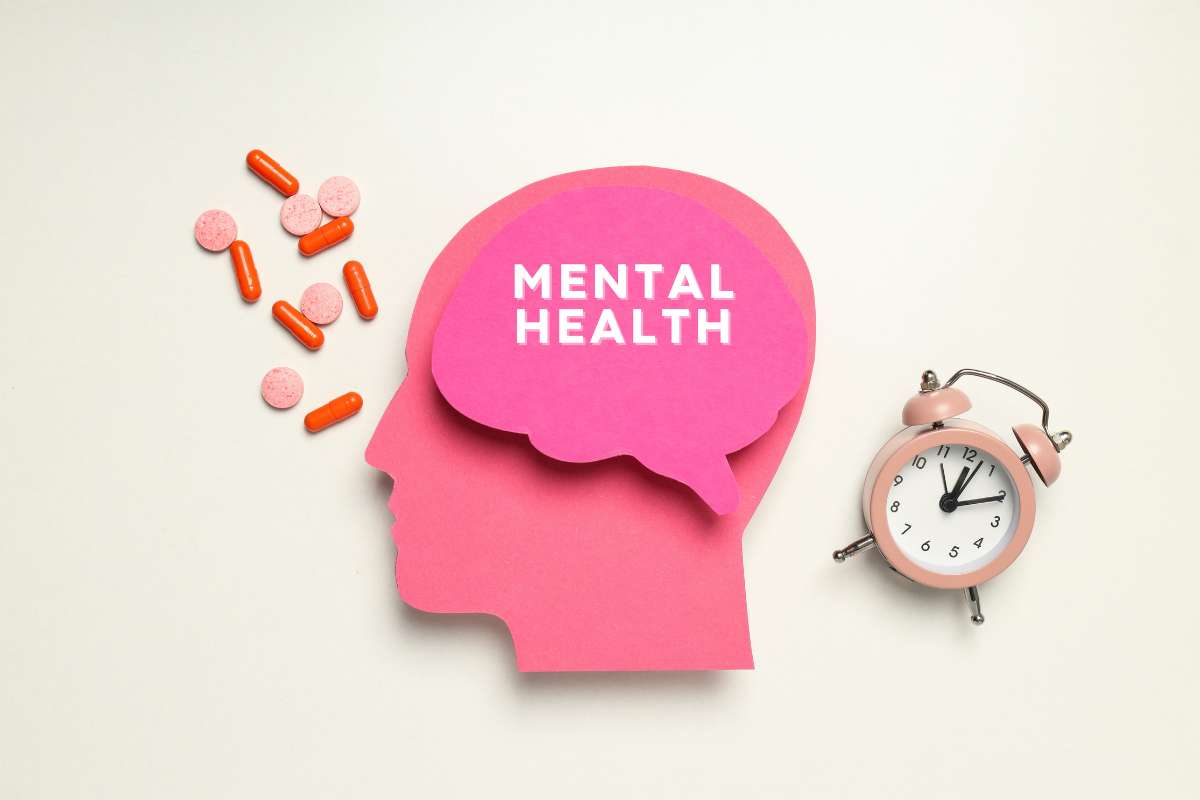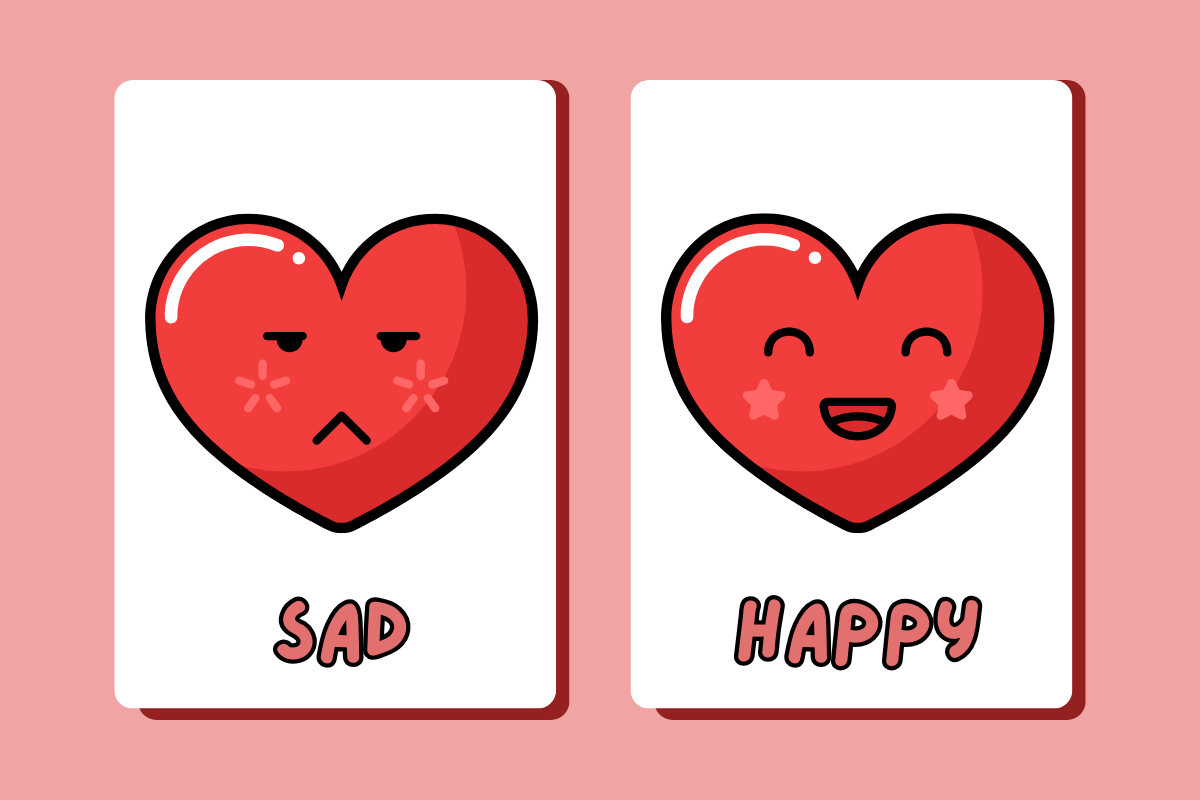
What Are The Phases of SSRI Withdrawal?
If you abruptly stop using an SSRI, your body may react with a variety of unpleasant symptoms. When you understand the phases of SSRI withdrawal, you can prepare yourself to manage your symptoms and complete the withdrawal process with minimal distress.
To learn more about Mental Health Treatment options at New Mind Wellness, call us today or verify your insurance online. We’re excited to help you start your personal recovery journey.
What Are SSRIs?
Selective serotonin reuptake inhibitors (SSRIs) are a class of prescription medications that are most commonly used to treat depression. When the first SSRI, fluoxetine (Prozac), earned FDA approval in 1987, it marked a watershed moment in the history of depression treatment.
Within about two years of being introduced in the U.S. market, Prozac had already outsold all other antidepressants. This success prompted the development of similar meds, such as:
- Paroxetine (Paxil)
- Sertraline (Zoloft)
- Citalopram (Celexa)
- Escitalopram (Lexapro)
- Fluvoxamine (Luvox)
Today, SSRIs remain a valuable first-line medication for depression. They are also used to treat patients who have a variety of other mental health disorders, including:
- Generalized anxiety disorder (GAD)
- Panic disorder
- Social anxiety disorder (social phobia)
- Bipolar disorder
- Posttraumatic stress disorder (PTSD)
- Obsessive-compulsive disorder (OCD)
- Premenstrual dysphoric disorder

How SSRIs Work
SSRIs work by increasing the presence of serotonin in a person’s system. Serotonin is a neurotransmitter (chemical messenger) that is involved with many essential functions, including mood, memory, learning, appetite, and the sleep/wake system.
Here’s a quick overview of how serotonin usually carries out its work:
- A neuron (nerve cell) releases serotonin into the synapse, which is the small gap that separates one nerve cell from another.
- The serotonin delivers its message to the receiving neuron.
- The serotonin is transported back to the originating neuron, where it is absorbed and stored for future use.
SSRIs attach to receptors that are responsible for the return and reabsorption of serotonin. This leads to a serotonin buildup in the synapse, which has the effect of “amplifying” its message. For some people, increased serotonin levels lead to a reduction in depression symptoms.
Adverse Effects
As with just about every prescription medication, SSRIs can cause side effects. The potential adverse impact of selective serotonin reuptake inhibitors can include:
- Dizziness
- Headache
- Nausea
- Lethargy
- Agitation
- Anxiety
- Sexual dysfunction
- Weight gain
If an SSRI’s side effects outweigh its benefits, or if your symptoms simply don’t respond to this type of medication, your doctor may switch you to a different med. Unfortunately, ending your use of an SSRI can cause you to experience withdrawal symptoms.
What Are the Phases of SSRI Withdrawal?
Withdrawal occurs when your body adapts to the presence of a certain substance, and then you abruptly end or significantly curtail your use of that substance.
Withdrawal is a common topic when discussing addictions to alcohol, opioids, and some other drugs, but it can also affect people who have been taking SSRIs.
SSRI Withdrawal Symptoms
Before we address the phases of SSRI withdrawal, it can be helpful to review the symptoms of symptoms you may experience while you’re doing through this process.
SSRI withdrawal is not as severe or dangerous as withdrawing from alcohol or opioids, but it can still be a distressing experience. Common symptoms include:
- Return or worsening of depression symptoms
- Anxiety and irritability
- Disrupted focus and concentration
- Mood swings
- Nausea and vomiting
- Dizziness
- Vertigo
- Tingling or numbness in hands and feet
- Intense headaches
- Chills
- Vivid nightmares
- Insomnia
SSRI withdrawal can also cause you to experience what many people refer to as “brain zaps.” This sensation feels like sudden but brief electrical shocks in your head. They may occur most often when you move your eyes from side to side or quickly turn your head.
Brain zaps don’t seem to pose any real health risk, but they can be quite disruptive while they are occurring.
Phases of SSRI Withdrawal
Your experience during SSRI withdrawal can be influenced by a variety of personal factors, such as the length of time you’ve been taking the SSRI and your usual dosage level.
This means that your experience may vary from others who are going through the same process. Differences can include the types of symptoms you experience, when they develop, how intense they become, and how long they last
In general, the SSRI withdrawal timeline can be separated into two phases: acute and protracted.
Acute Phase
The acute phase of SSRI withdrawal can begin within a day or two after your last dose, and may last from a few days to a few weeks.
Usually, the acute phase involves physical symptoms such as brain zaps, tingling, nausea, dizziness, and insomnia. You may also experience mood swings, anxiety, and depression.
Thankfully, these symptoms typically subside within three weeks, and sometimes in as little as a week or less.
Protracted Phase
The protracted phase of SSRI withdrawal can involve symptoms that persist for several months or even years.
Not everyone goes through the protracted phase of SSRI withdrawal. But for those who do, symptoms can include deep sadness, difficulty experiencing joy (which is referred to by clinicians as dysphoria), and the sense of being detached from your mind, body, and/or surroundings (dissociation).
How to Safely Withdraw From SSRIs
As noted earlier in today’s post, there are several good reasons why you may want (or need) to stop using an SSRI. Regardless of your motivation for taking this step, it is important to do so in a safe and thoughtful manner.
The most important advice for withdrawing from SSRIs is to consult with your physician before you begin. It is never a good idea to stop using an SSRI or any other prescription medication – or to either increase or decrease your dosage – without medical guidance.
If your doctor agrees that it’s time for you to stop using an SSRI, they can set up a schedule to gradually reduce your dosage level over time. This allows your body to slowly adapt to the decreased presence of the drug, which should minimize any withdrawal symptoms.
In some cases, gradually reduced dosages can allow you to avoid both the acute and protracted phases of SSRI withdrawal altogether.
Learn More About Depression Treatment in Philadelphia
New Mind Wellness Center offers personalized outpatient programming for adults who have been experiencing symptoms of depression and other mental health concerns.
At our depression treatment center in Philadelphia, PA, you can work in close collaboration with at team of skilled and compassionate professionals. We’ll assess your needs, help you set short- and long-term goals, and develop a customized plan that can put you on the path toward a much healthier and more hopeful future.
To learn more about how we can help you or a loved one, please visit our Contact page or call us today.





